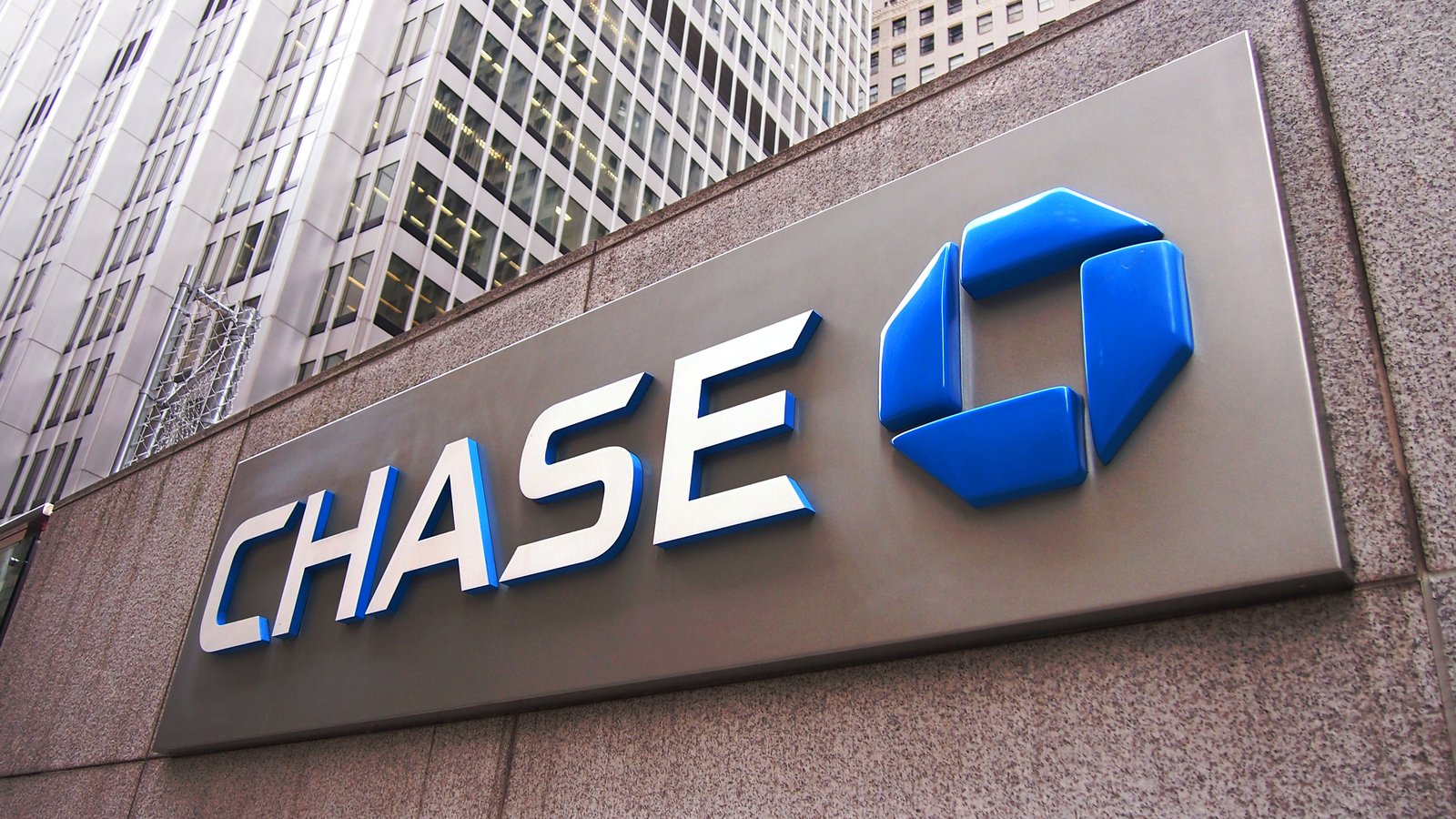JPMorgan Chase (NYSE:JPM) is a global banking powerhouse, known for its financial strength and stability. It’s a top Warren Buffett holding and a recent addition to NEAM’s portfolio, indicating strong confidence in its resilience.
JPMorgan’s strong financials are supported by high interest rates, robust loan and deposit balances, and the First Republic Bank acquisition. Investment banking fees are expected to improve, and the company’s solid earnings will enable increased capital deployment.
Recent News and Updates
JPMorgan Chase is accelerating the securitization of its loan portfolio. They are focusing on its Chase retail products like mortgages and auto and credit card loans, in anticipation of forthcoming U.S. capital requirements for major banks. This move will reduce the company’s risk-weighted assets and improve its capital ratios.
Further, this strategy involves selling more loans, removing them from its balance sheet, and maintaining client relationships by servicing the loans. This move aims to lower regulatory capital requirements while managing its extensive $1.3 trillion loan portfolio.
JPM’s increased loan securitization efforts contrast with a quieter securitization market in the US. In 2023, issuance for asset-backed and mortgage-backed securities stands at $463 billion, the lowest in years at this point. JPMorgan, a major player in the industry, has worked on deals worth $62.5 billion, often involving loans it didn’t originate. The bank declined to comment on these developments.
The Fundamentals
JPMorgan Chase impressively exceeded expectations in its latest quarter, delivering earnings per share of $4.75 and $41.31 billion in revenue. Despite economic challenges, the bank thrived in various sectors like investment banking, trading, and consumer banking. The result was a remarkable 34% year-over-year (YOY) revenue increase.
The bank’s stalwart Q2 performance, with a net income of $14.5 billion and earnings per share of $4.75, surpassed market expectations. Also, the firm increased its quarterly dividend by 5% to $1.05 per share after passing the Federal Reserve’s stress test, demonstrating stability and confidence in dividend growth.
Impressively, JPMorgan Chase raised its 2023 net interest income forecast to nearly $87 billion, benefiting from higher rates and slower deposit adjustments. In addition, the bank improved its CET1 capital ratio to 13.8% and secured approval for a lower Stress Capital Buffer of 2.9% starting in Q4 2023. This will enable increased capital returns to shareholders.
Tower Bridge Advisors Decreases JPM Stake
Tower Bridge Advisors reduced its JPMorgan Chase holdings by 14.6% in Q2, selling 25,442 shares, leaving them with 148,881 shares. JPMorgan now accounts for about 2.0% of their portfolio, ranking as the 11th largest position with an estimated value of $21,653,000.
Recent reports indicate growing interest in JPMorgan Chase & Co. Credit Suisse upped their target price from $160.00 to $170.00 on July 17th, while Royal Bank of Canada reiterated an “outperform” rating with a $158.00 target price.
Data from Bloomberg.com shows that eight analysts rate JPMorgan Chase & Co. as a hold, while eleven label it a buy. The consensus rating is a moderate buy with an average target price of $168.26.
What Now
Despite economic uncertainties, deposit competition, and Basel III rules, JPMorgan Chase remains confident. Its strong competitive position and balance sheet make it stand out. Trading in the neighborhood of 10-times forward earnings, it seems attractively priced. As a long-term compounder, it’s among the top financial stocks to buy.
On the date of publication, Chris MacDonald did not have (either directly or indirectly) any positions in the securities mentioned in this article. The opinions expressed in this article are those of the writer, subject to the InvestorPlace.com Publishing Guidelines.
